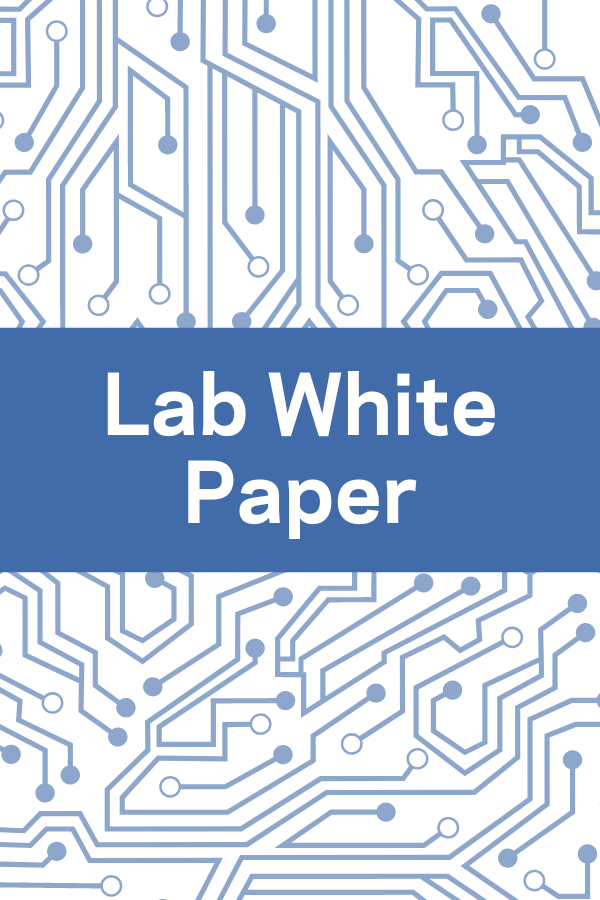The Return on Investment in AI Ethics: A Holistic Framework
Publication Date: September 2023
*Note: A subsequent version of this paper will be published in the Hawaii International Conference on System Sciences (HICSS) 2024 Proceedings.
Abstract
The authors propose a Holistic Return on Ethics (HROE) framework for understanding the return on organizational investments in artificial intelligence (AI) ethics efforts. This framework is useful for organizations that wish to quantify the return for their investment decisions. The framework identifies the direct economic returns of such investments, the indirect paths to return through intangibles associated with organizational reputation, and real options associated with capabilities. The holistic framework ultimately provides organizations with the competency to employ and justify AI ethics investments.
Why Industry Should Care
The rapid innovation of ever-more powerful AI technologies is driving benefits for organizations in terms of productivity, efficiency, and opportunity. Organizations that seek to adopt AI for these benefits need to be aware of possible ethical issues, such as those associated with bias, fairness, privacy, misinformation, fraud, and labor. To address these issues, it is critical that organizations invest in AI ethics programs to deal with the unintended consequences of AI technologies, but it may be unclear what they receive in return.
Motivated by this need, the authors propose a framework for establishing the return on investment (ROI) for organizational investments in AI ethics. They summarize the sorts of investments that organizations could make in AI ethics, characterize three types of ROI (economic, intangible, real options), and relate them in an original framework that they then apply to example AI ethics scenarios. They conclude with a discussion of AI ethics, as well as the need for its continual investment and methods for measuring ROI.
